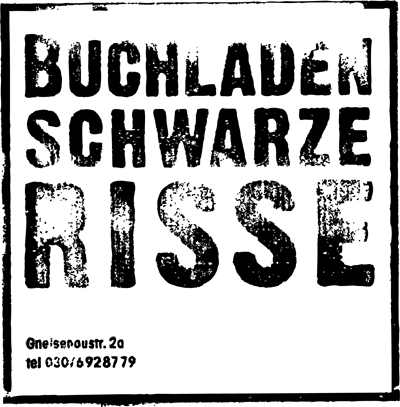Associations and Projects Helping the Homeless in Germany
A selection of commented links mostly from the Berlin area
There are two reasons why most of the assistance described comes from Berlin. Firstly, Berlin is the capital of Germany, with over 7,000 people "registered" as homeless and another 3,000 estimated unreported cases at least, it is also the homeless capital of Germany. Secondly, it was important for the author, Stefan Schneider, to present projects and organisations that he was personally acquainted with.
The term "homeless" is used throughout this article in the sense of the definition of the German Association of Cities from 1987. According to this definition, someone is homeless when they do not have their own living quarters assured by a tenancy agreement. So "homeless" is a broader term than "rough sleepers", which refers only to people living right on the street. "Sleeping rough" is still a widespread term, but at the same time it must be emphasised that a many organisations providing assistance are being increasingly used by those without secure accommodation (the ‘hidden homeless’), the unemployed, the poor and other groups in some way socially excluded and disadvantaged.









